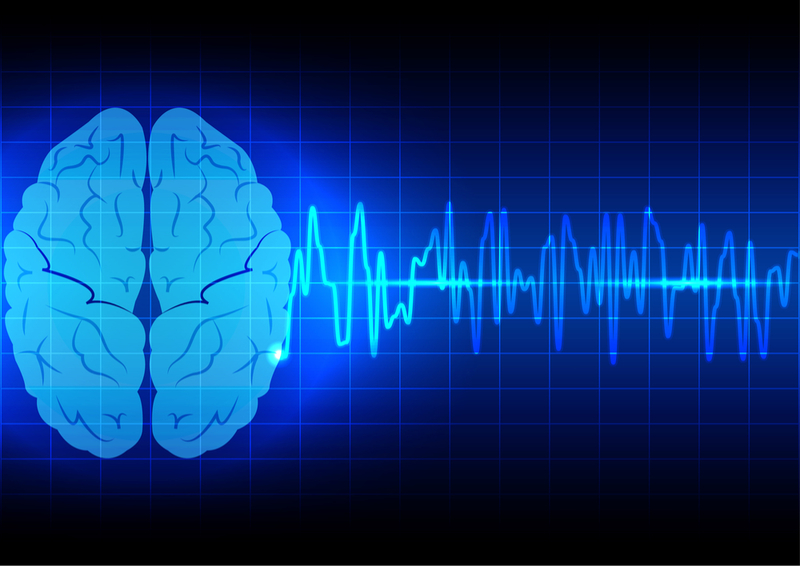Sleep spindles may help in improving memory retention
IANS Mar 12, 2018
New research has found how sleep spindles help with relevant memory and memory consolidation and has led to a new understanding of how the brain processes memories during sleep.

Sleep spindles can help in retaining new memories related to any newly learned information as one sleeps. Sleep spindles are half-second to two-second bursts of oscillatory brain activity -- occurring during non-rapid eye movement sleep stages two and three -- and measured in the 10 to 16 Hertz range on an electroencephalogram (EEG).
Previous researches had shown that the number of spindles during the night could predict a person's memory the next day. "While it has been shown previously that targeted memory reactivation can boost memory consolidation during sleep, we now show that sleep spindles might represent the key underlying mechanism," said Bernhard Staresina, post-doctoral student at the University of Birmingham.
"Thus, direct induction of sleep spindles -- for example, via transcranial electrical stimulation -- perhaps combined with targeted memory reactivation, may enable us to further improve memory performance while we sleep." For the study, published in the journal Current Biology, the researchers devised an experiment in which people learned to associate particular adjectives with particular objects and scenes.
Some study participants then took a 90-minute nap after their study session, whereas others stayed awake. While people napped, the researchers cued those associative memories and unfamiliar adjectives. The results showed that the memory cues led to an increase in sleep spindles. Interestingly, the EEG patterns during spindles enabled the researchers to discern what types of memories -- objects or scenes -- were being processed.
"Our data suggest that spindles facilitate processing of relevant memory features during sleep and that this process boosts memory consolidation," he said. Also, the new understanding of the way the brain normally processes and strengthens memories during sleep may help to explain how that process may go wrong in people with learning difficulties, the researchers added.
-
Exclusive Write-ups & Webinars by KOLs
-
Daily Quiz by specialty
-
Paid Market Research Surveys
-
Case discussions, News & Journals' summaries